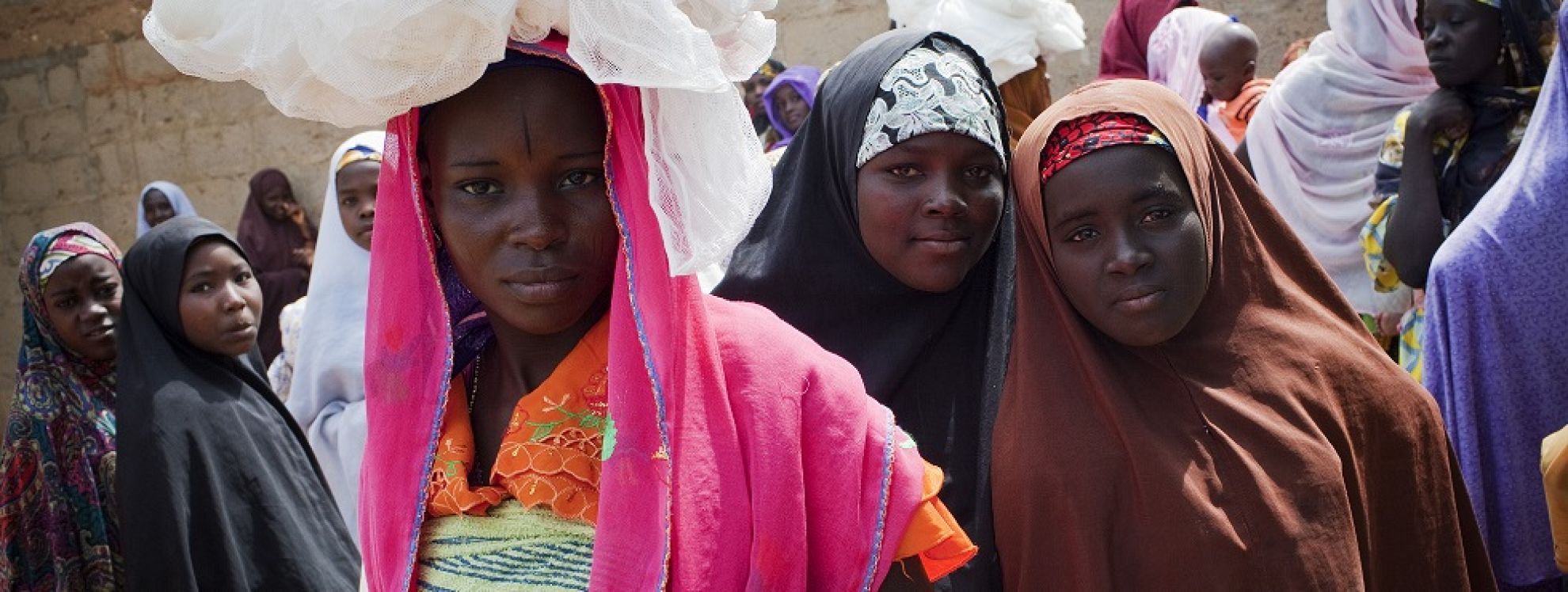
Creating demand in Nigeria – a new learning paper
14 April 2014When it comes to reducing malaria transmission, supply and demand are both crucial components of any prevention and case management programme. Past experience has proven that supplying governments, health facilities, service delivery points and communities with the necessary resources and tools is only half the battle – the people must also have a desire to use malaria prevention and case management services.
Malaria Consortium’s new learning paper, Building capacity for creating demand in support of malaria prevention and control is the second in a series of papers that reflect on our work in Nigeria, where we have been supporting the government to strengthen key areas of the National Malaria Control Programme. The Support to National Malaria Control Programme (SuNMaP), funded by the Department for International Development, focuses on creating demand for services (both public and private) and access to commodities while also focusing on increasing awareness of malaria and its impact on people’s lives. Demand creation is largely achieved through awareness campaigns that describe the dangers of malaria while showing where services can be accessed. “The awareness is high”, said Chief Nursing Officer Akimmiyi Mary. “Everybody knows that when you have malaria, when you go to the hospital, you’ll be treated.”
Creating demand for malaria prevention and case management can be challenging and involves a multi-pronged effort that spans varied modes of communication, including public policy and advocacy, interventions in service delivery, and interventions at the community and individual levels. The programme also builds capacity of the government (at all levels) during the process of development for them to continue the demand creation work at the end of the project life span.
“We use radio dramas, magazines, jingles, spots, and public announcements. Posters and leaflets are produced and distributed to service delivery points, community centres and places of worship,” said Kolo Yakubu, Senior Technical Malaria Manager in Niger State. “Services and commodities are better accessed when people demand for them and have appropriate health-seeking behaviours. Those are the outcomes of our demand creation activities”.
Learn more about Malaria Consortium’s experiences implementing demand creation interventions in Nigeria by reading our learning paper here.
You can also read our first learning paper in the SuNMaP series on capacity building by clicking here.
Related content
3 April 2014
Building capacity for creating demand in support of malaria prevention and control
Latest news
- International summit calls for AMR accountability in public health interventions21st March 2024
- Global SMC community celebrates new milestone at SMC Alliance Annual Meeting in Nigeria6th March 2024
- Scaling up key interventions could halve pneumonia-related childhood mortality13th February 2024
- Malaria Consortium and eGov Foundation join Mozambique’s national malaria programme to digitalise seasonal malaria chemoprevention campaigns8th February 2024
- World’s first malaria vaccine rollout launched in Cameroon22nd January 2024
- Digital solutions driving equitable access to health6th December 2023